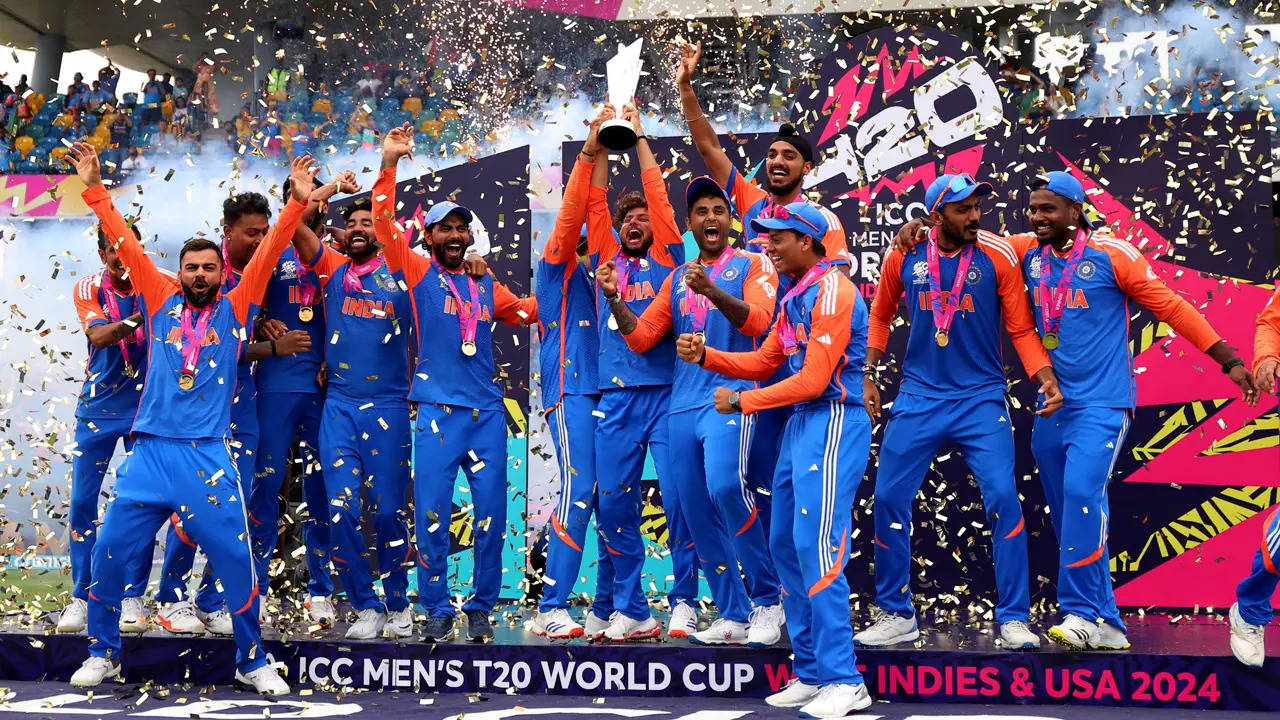The recent election of a new patriarch in Bulgaria is a significant decision not only for the Orthodox Church but also for the country’s political landscape. The dispute over Ukraine has caused a deep division within Orthodoxy, with the Patriarch of Constantinople Bartholomew and his Moscow counterpart Kirill at odds over the recognition of an independent Ukrainian church. This divide continues to shape Orthodoxy today, with some churches following Constantinople, others Moscow, and others seeking a middle ground.
The election of a pro-Russian patriarch can be seen as a success for Moscow’s shadow diplomacy, even if this alone was hardly the deciding factor. Russian influence was certainly present, with Patriarch Kirill symbolically breaking off all contact with the Bulgarian bishops who had celebrated a mass with Ukrainian dignitaries in Istanbul in May. The Russian ambassador in Sofia called the invitation of the head of the Ukrainian church to the funeral of the deceased patriarch a “huge provocation.”
The Bulgarian Church has been autocephalous since the 10th century and was abolished at the end of the 14th century with Ottoman conquest before being incorporated into Russia’s ecumenical patriarchate. However, since then it has existed independently and traditionally maintained close relations with Moscow. The dispute over Ukraine did not lead to a break with Constantinople, but it is unlikely that recognition will ever be granted to an independent Ukrainian church.
Metropolitan Daniil was one of three candidates for patriarch and has shown remarkable understanding for Putin’s imperialist policy in the past. He qualified his criticism of Russia’s invasion of Ukraine by drawing parallels to Maidan protests in Kiev, which he sees as an attempt at hostile takeover of power by Western forces. Daniil also strongly condemned Russia’s expulsion of three Orthodox priests from Bulgaria last September on espionage charges and has expressed skepticism about arms aid to Ukraine from NATO countries like France and Germany.
In Bulgaria, there are strong ties between Moscow and Sofia dating back decades. However, since Putin’s invasion of Ukraine in 2014, these ties have been strained due to increasing nationalistic sentiment among Bulgarians who see themselves as part of Western Europe rather than Eastern Europe or Russia. While Putin is still popular among some Bulgarians who share his views on issues such as immigration and LGBT rights, many Bulgarians are wary



